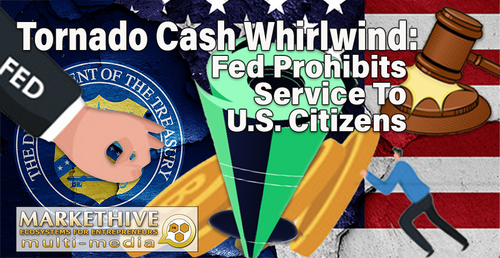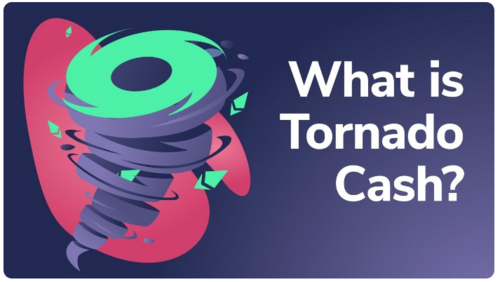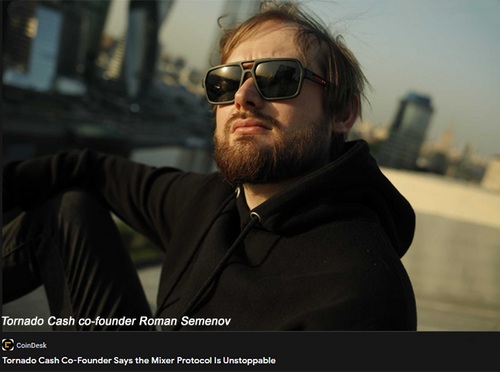What is Bitcoin? Bitcoin Explained Simply for Dummies
August 17, 2022 CryptoExpert Bitcoin

Welcome to 99Bitcoins.com. I'm Nate Martin and I'll be your guide through this video series Bitcoin Whiteboard Tuesday. We're going to cover a lot of topics such as Bitcoin mining, Bitcoin wallets,
how to trade Bitcoin and a lot more.
Great deals on cute dresses and clothing at Lulus!
>
Today we're going to start from scratch and answer the third most searched term on Google today, what is Bitcoin? If you’re worried that we’re going to get too technical and use a lot of complicated words, don’t.
Here at 99Bitcoins, we translate Bitcoin into plain English so even if you have no technical background
you’ll be able to understand everything.
By the end of this course, you’ll know more about Bitcoin and how it works than 99% of the population.
So let’s get started… Before we talk about Bitcoin I want to take a moment and talk about money. What is money exactly? At its core, money represents value. If I do some work for you, you give me money in exchange for the value I gave you.
I can then use that money to get something of value from someone else in the future. Throughout history, value has taken many forms and people used a lot of different materials to represent money. Salt, wheat, shells and of course gold have all been used as a medium of exchange.
However, in order for something to represent value people have to trust that it is indeed valuable and will
stay valuable long enough for them to redeem that value in the future.
Up until a hundred years ago or so we always trusted in someTHING to represent money.
However something happened along the way and we’ve changed our trust model from trusting someTHING to trusting in someONE. Let me explain.
Over time, people found it too cumbersome to walk around the world carrying bars of gold or other
forms of money, so paper money was invented.
Here’s how it worked: a bank or government would offer to take possession of your bar of gold; let’s say
worth $1000, and in return, that bank would give you receipt certificates, which we call bills, amounting to $1000.
Not only were these pieces of paper much easier to carry, but you could spend a dollar on a cup of coffee
and not have to cut your gold bar into a thousand pieces.
And if you wanted your gold back, you simply took $1000 in bills back to the bank to redeem them for
the actual form of money, in this case that gold bar, whenever you needed… And so, paper began its use as money as an instrument of practicality and convenience.
However as time progressed, and due to macroeconomic changes, this bond between the paper receipt
and the gold it stands for was broken.
Now, to explain the path that led us away from the gold standard is extremely complex, but suffice to say that governments told their people that the government itself would be liable for the value of that paper money.
Basically we all said “let’s just forget about gold and trade paper instead”. So people continued to trade with receipts that are backed by nothing but the government’s promise. And why did that continue to work? Well, because of trust.
Even though there is no actual commodity backing paper money, people trusted the government and
that’s how fiat money was created. Fiat is a Latin word that means “by decree”. Meaning the dollars, or euros or any other currency for that matter have value because the government orders it to.
It’s what is known as “legal tender” – coins or banknotes that must be accepted if offered as payment. So the value of today’s money actually comes from a legal status given to it by a central authority, in this case, the government.
And so the trust model has changed, from trusting someTHING to trusting someONE, in this case, the government. Fiat money has two main drawbacks: 1. It is centralized: You have a central authority that controls and issues it.
In this case the government or central bank. And two, it is not limited by quantity: The government or central bank can print as much as they want whenever needed and inflate the money supply on the market.
The problem with printing money is that because you’re flooding the market with more money the value of each dollar drops, so your own money is worth less. When you see prices rising throughout the years it’s not necessarily that prices are rising as much as that the purchasing power of your money is dropping.
You need more dollars to buy something that used to “cost less”. Once fiat money was in place, the move to digital money was pretty simple. We already have a central authority that issues money, so why not make money mostly digital and let that authority keep track of who owns what.
Today we mainly use credit cards, wire transfers, Paypal and others forms of digital money. The amount of physical money in the world is almost negligible and is getting smaller with each year that passes.
So if money today is digital, how does that even work? I mean, if I have a file that represents a dollar, what’s to stop me from copying it a million times and having a million dollars? This is called the “double spend problem”.
The solution that banks use today is a “centralized” solution; they keep a ledger on their computer which keeps track of who owns what. Everyone has an account and this ledger keeps a tally for each account.
We all trust the bank and the bank trusts their computer, and so the solution is centralized on this ledger in this computer. You may not know this, but there were many attempts to create alternative forms of digital currencies, however none were successful in solving the double spend problem without a central authority.
Whenever you give a anyone control over the money supply you’re giving them enormous power and this creates three major issues: The first issue is corruption; power corrupts, and absolute power corrupts absolutely.
When banks have a mandate to create money, or value, they basically control the flow of value in the world, which gives them almost unlimited power. A small example of how power corrupts can be seen in the Wells Fargo’s scandal where employees secretly created millions of unauthorized bank and credit card accounts in order to inflate the bank’s revenue stream, without their customers knowing about it for years.
The second issue of a centralised system is mismanagement. If the central authority’s interest isn’t aligned with the people it controls there may be a case of mismanagement of the money. For example, printing a lot of money in order to save a certain bank or institution from collapsing, as what happened in 2008.
The problem with printing too much money is that it causes inflation and basically erodes the value of the citizen’s money. One extreme example for this is Venezuela, where the government has printed so much money, and the value of it has dropped so much, that people are no longer counting money but are weighing it instead.
The last issue is control. You are basically giving away all control of your money to the government or bank. At any point in time the government can decide to freeze your account and deny you access to your funds.
Even if you use only cold hard cash the government can cancel the legal status of your currency as was done in India a few years back. This was the state of things until 2009. Creating an alternative to the current monetary system seemed like a lost cause.
But then everything changed…. In October 2008 a document was published online by a guy calling himself Satoshi Nakamoto. The document, also called a whitepaper, suggested a way of creating a system for a decentralised currency called Bitcoin.
This system claimed to create digital money that solves the double spend problem without the need for a central authority. At its core Bitcoin is a transparent ledger without a central authority, but what does this confusing phrase even really mean? Well, let’s compare Bitcoin to the bank.
Since most money today is already digital, the bank basically manages its own ledger of balances and transactions. However the bank’s ledger is not transparent and it is stored on the bank’s main computer.
You can’t sneak a peek into the bank’s ledger, and only the bank has complete control over it. Bitcoin on the other hand is a transparent ledger. At any point in time I can sneak a peek into the ledger and see all of the transactions and balances that are taking place.
The only thing you can’t figure out is who owns these balances and who is behind each transaction. This means Bitcoin is pseudo-anonymous; everything is open, transparent and trackable but you still can’t tell who is sending what to whom.
Let’s explain this with an example. You can see on your screen certain rows from Bitcoin’s ledger. We can see that a certain Bitcoin address sent 10,000 Bitcoins to another Bitcoin address in May of 2010.
This specific transaction is the first purchase that was ever made with Bitcoin and it was used to buy 2 pizzas by a guy named Laszlo. Laszlo published a post back in 2010 asking for someone to sell him 2 pizzas in exchange for 10,000 Bitcoins.
Well, someone did, and now the price of these two Pizzas is worth well over 100 million dollars today. Bitcoin is also decentralized; there’s no one computer that holds the ledger. With Bitcoin, every computer that participates in the system is also keeping a copy of the ledger, also known as the Blockchain.
So if you want to take down the system or hack the ledger you’ll have to take down thousands of computers which are keeping a copy and constantly updating it. Like most money today, Bitcoin is also digital.
This means there’s nothing physical that you can touch in Bitcoin. There are no actual coins, there are only rows of transactions and balances. When you “own” Bitcoin it means that you own the right to access a specific Bitcoin address record in the ledger and send funds from it to a different address.
So what does all of this mean? Why is Bitcoin such big news? Well for the first time since digital money came into existence we now have an alternative to the current system. Bitcoin is a form of money that no government or bank can control.
Think about the time before the Internet, how centralized the flow of information was. Basically if you wanted information you could get it from a few major players like the New York Times, The Washington Post and others like them.
Today, thanks to the Internet, information is decentralized and you can communicate and consume knowledge from around the world with the click of a button. Bitcoin is the Internet of money and it’s offering a decentralized solution to money.
Bitcoin has several advantages over the current system. First, it gives you complete control over your money. With Bitcoin, you and you alone can access your funds. How you actually do this will be explained in a later video.
No government or bank can decide to freeze your account or confiscate your holdings. Bitcoin also cuts a lot of the middlemen from the process of transferring money. This means that in many cases Bitcoin is cheaper to use than traditional wire transfers or money orders.
Also, unlike fiat currencies, Bitcoin was designed to be digital by nature, this means you can add additional layers of programming on top of it and turn it into “smart money”, but more on that in later videos.
Finally, Bitcoin opens up digital commerce to 2.5 billion people around the world who don’t have access to the current banking system. These people are unbanked or underbanked because of where they leave and the reality that they have been born into.
However, today, with a mobile phone and a click of a button they can start trading using Bitcoin, no permission needed. Today there are several merchants online and offline that accept Bitcoin. You can order a flight or book a hotel with Bitcoin if you like.
There are even Bitcoin debit cards that allow you to pay at almost any store with your Bitcoin balance. However the road toward acceptance by the majority of the public is still a long one. As we continue in this video series, we will break down exactly how Bitcoin works and how to use it.
We will learn about Bitcoin mining, Bitcoin wallets, how to buy Bitcoins and much more. The revolution of money began in 2009 and these days we are seeing it change money as we know it. You may still have some questions.
If so, just leave them in the comment section below. And if you're watching this video on YouTube and enjoy what you've seen, don't forget to hit the like button. Then, make sure to subscribe for notifications about new episodes.
Thanks for joining me here at the Whiteboard. For 99Bitcoins.com, I’m Nate Martin, and I’ll see you… in a bit.
Source Link: https://www.youtube.com/watch?v=41JCpzvnn_0
Tim Moseley






.gif)
.gif)





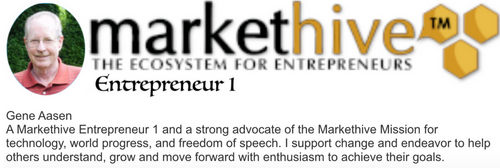




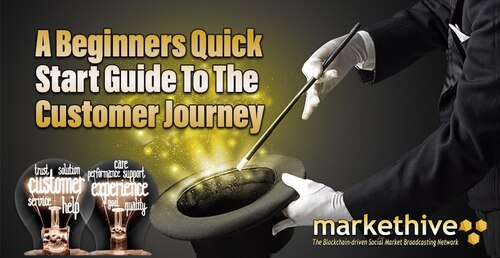
.jpg)
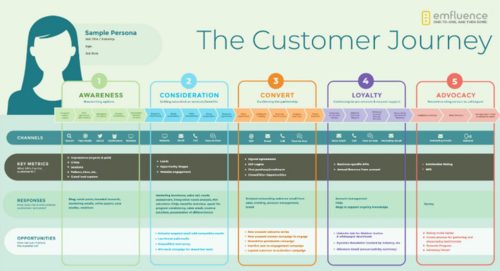


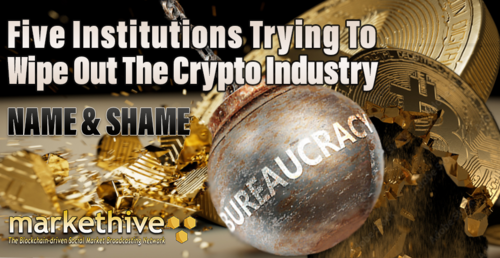
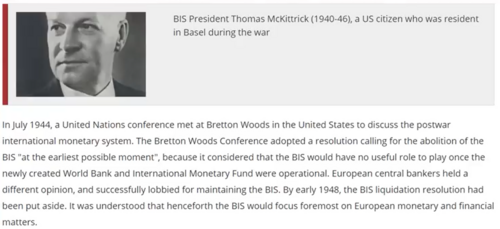
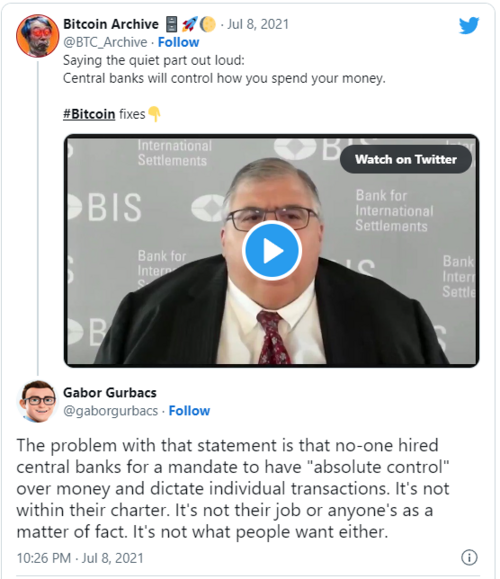
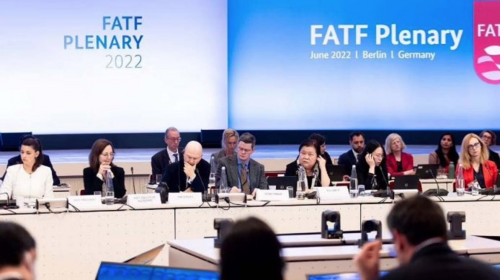
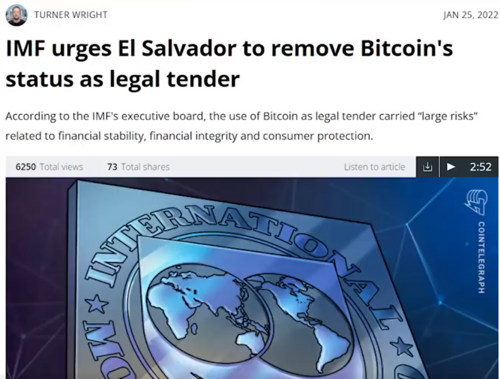
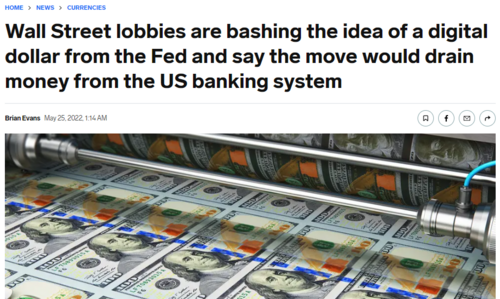

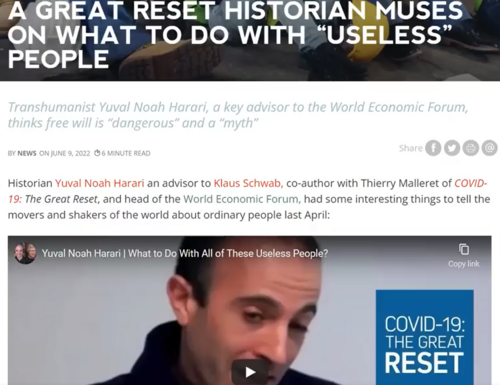
(7).gif)


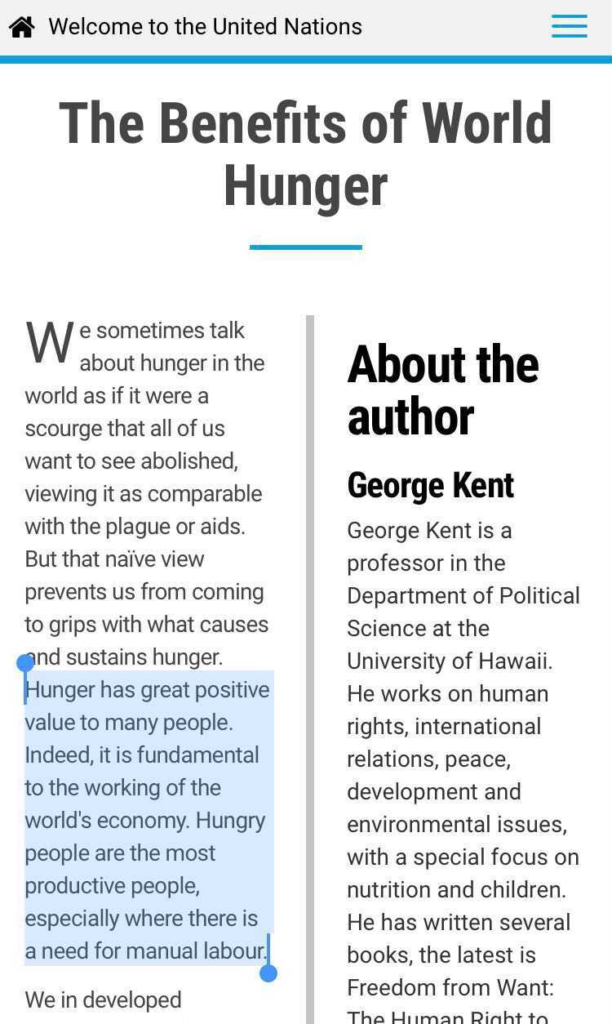
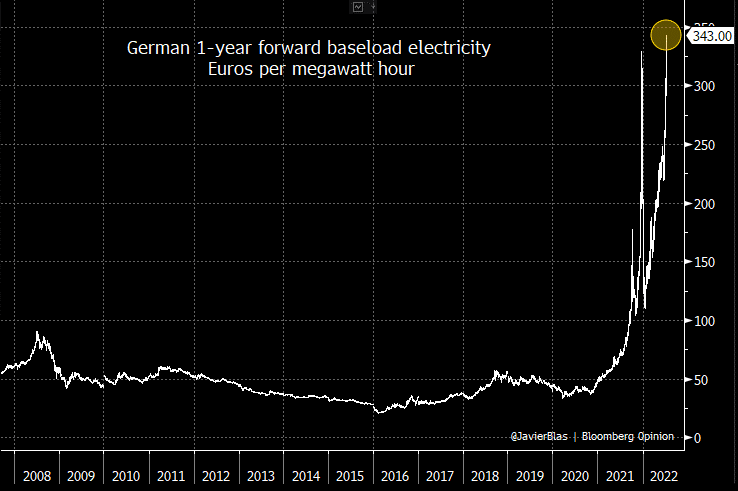
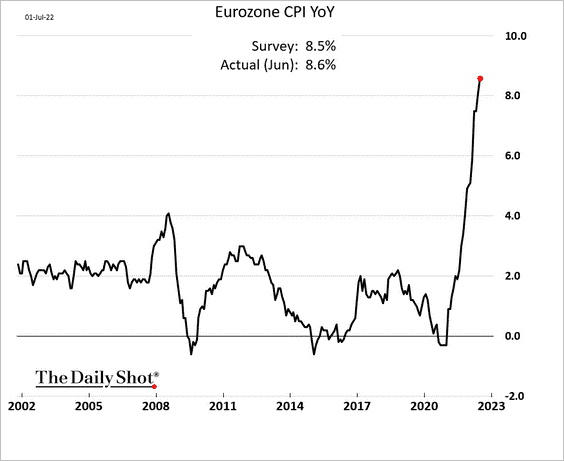
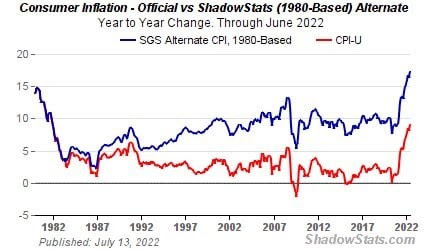
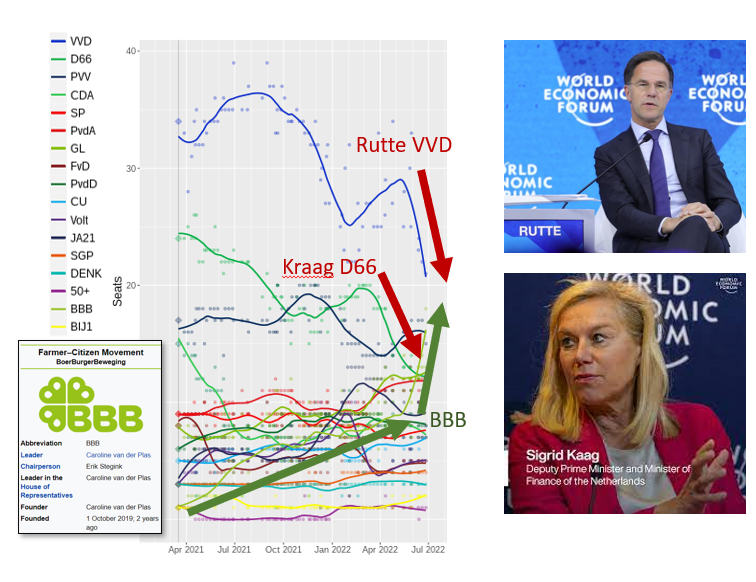
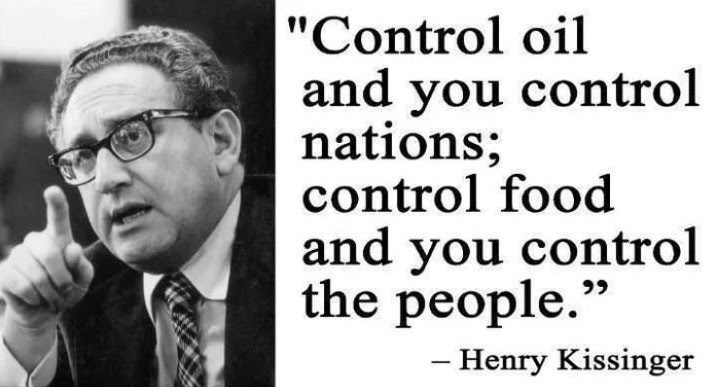


 Ghana's central bank to buy domestic gold in September to strengthen nation's foreign reserves
Ghana's central bank to buy domestic gold in September to strengthen nation's foreign reserves.gif)
.gif)

